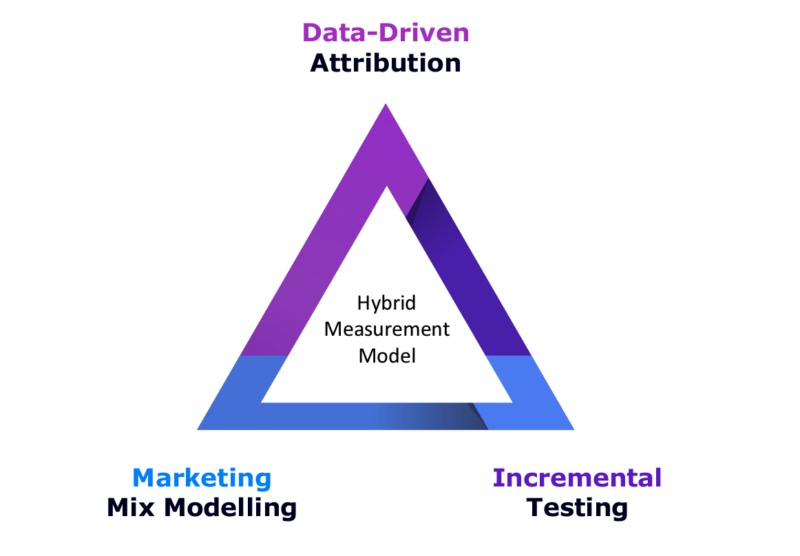Dentsu unpacks implications and outlooks of cookieless marketing so far
Dentsu has released a follow-up to its 2021 report, ‘The Cookieless World’, further investigating implications across data management, audience activation and performance measurement that brands need to consider when phasing cookies out of their campaign tracking strategy.
Data management
Google sparked the conversation with its timeline of phasing out third-party cookies in 2021. While the timeline has since been delayed, the reliance on third-party cookies is fading across both the consumer’s and the organisation’s ends.
The report says that, consequently, brands are exploring consent-based loyalty programs to scale first-party data collection and blending it with second- and third-party data sources. Brands may choose to leverage solutions like identity graphs (ID graphs) to facilitate this diversification of data sources.
Audience activation
Universal IDs that allow adtech companies to identify users across websites and devices without cookies have been gaining traction. While adoption has been slow, solutions like UID2.0 from The Trade Desk continue to gain traction.
The report suggests that brands keep their focus on first-party data and consumer identity, despite delays in major third-party cookie deprecation from Google. Readopting strategies such as contextual targeting in the immediate term can be beneficial with the availability of new tools that use web- or ID-based signals.
Performance measurement
With shifts in privacy regulations, many advertising platforms have rolled out statistical and machine-learning techniques that predict conversions.
For example, Google, Meta and Pinterest have introduced behavioural modelling which allows advertisers to report on conversions, even in the case where there are limited observed signals. They can be used to offset signal loss caused by Intelligent Tracking Prevention (ITP), iOS 14.5, and GDPR.
These changes have resulted in increased demand for lifetime value bidding, DDA-based activation (Data-driven Attribution), and lead-quality optimisation among brands.

Source: Dentsu
The report suggests that companies adopt a Hybrid Measurement Model, combined with data clean rooms and increased media partner transparency.
Richard Pook, chief product & technology officer, media at Dentsu ANZ said: “Privacy law, technology platform and consumer behaviour changes are making digital advertising an increasingly complex environment to navigate. As this report highlights, we need to think broadly and strategically across a range of disciplines to ensure that media continues to be effective.”
Danny Bass, CEO of Dentsu ANZ’s media portfolio of brands, added: “It’s our continued investment in sharing these insights with the broader industry, and our own product innovation in Dentsu merkury, that highlights how important we believe it is for brands to be ready for what’s next, and start adopting new digital marketing strategies to connect with people in more relevant and privacy-safe ways.”
The full report can be found here.


